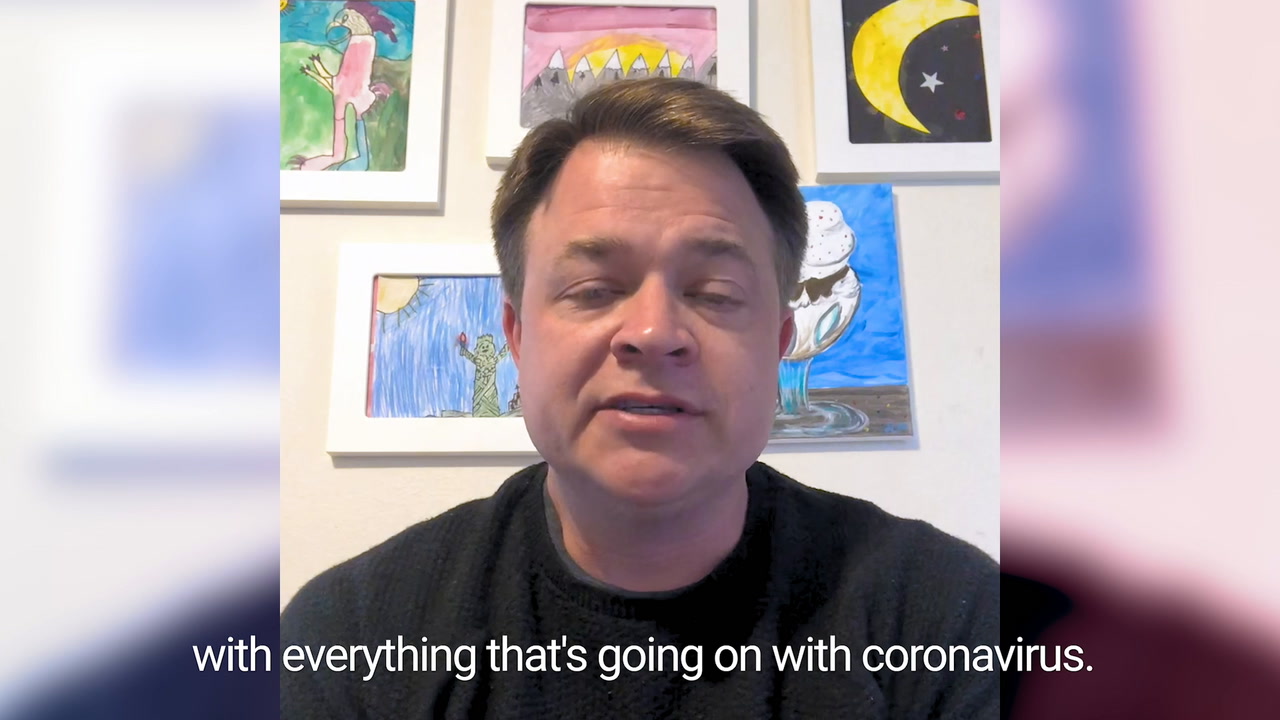I'm Immunocompromised and in Denial About the Precautions I Should Take for Coronavirus
This week, my therapist was kind enough to schedule an “emergency” appointment for me to address my health needs and make sure I advocate for myself as the coronavirus (COVID-19) continues to spread. For those who don’t know by now, COVID-19 is a new virus in the coronavirus family, a group of illnesses that cause upper respiratory illnesses like the common cold.
I’m severely immunocompromised, and am one of those people you read about who is at much higher risk for being hospitalized (or worse) because of COVID-19. To be clear, my therapist had to email me. I didn’t have the foresight to take that extra step to address how I might be feeling at this point.
During my appointment, my therapist reminded me to:
- Not take the train or public transportation.
- Stay as isolated as possible. If I’m lonely, to FaceTime friends or ask them to come over, rather than going out.
- Avoid places like pharmacies, etc.
- Ask people for help.
I just sat there in a half-daze and nodded my head, reluctantly. I’ve lived with a primary immunodeficiency for 33 years, and I am still somehow in denial – OK a great deal of denial about how that actually impacts me. I was definitely planning on taking the train later that day. It’s almost as if everything she said was news to me, and I realized how dangerous my self-denial was becoming.
Once at an appointment, my therapist brought up that I’ve been experiencing “internalized ableism.” I had never heard this term before.
She described how my go-to actions, like constantly beating myself up and viewing myself negatively when I can’t do things a “healthy” person might be able to, are likely the result of placing society’s ableist views directly on myself.
And this time around, with a pandemic that is spreading quickly, and a health system that is lagging in testing, I am seeing my internalized ableism shine through.
I had four extremely important professional trips planned this month and next, and it took me calling all three of my immunologists to make sure they all said “no” to traveling.
If I can honestly reflect on this, why did I have to consult with all three of them, and hear “no” three times before I knew I should prioritize my health over my career?
Why couldn’t I value my well-being first?
Perhaps my internalized ableism is more pronounced because my disability is “invisible.” When I look in the mirror, I get angry with myself. My two sisters were in wheelchairs, and for me, growing up, that was the definition of “disability.” I still have trouble believing my body might need the same care and love they required as well.
I am constantly pushing against myself, getting frustrated and throwing myself into bouts of depression and anxiety because I can’t accept this simple truth: I have a disability. I require accommodations, and I simply cannot do everything the same way as others who have their health.
Another simple truth? I also have dreams and goals — big ones — and I deserve a space in society to try and achieve them.
For people with disabilities, we’re living in a world that was mainly created without consideration for us — and much of the time it continues to be built without our input. (Special shout-out to all the new businesses and buildings that still aren’t ADA-compliant.)
Sadly, I realize I’ve bought into ableism when it comes to how I think of myself and how I should be able to live my life. I “should” myself constantly – yes, I can travel there, be in public spaces without take extra precautions, eat food that I react to – all because technically, I should be able to.
Now I’m realizing how much I’ve hurt myself in that process, and set myself back even further.
For all of us with chronic conditions, it requires time and real effort to process how life will change when our health is constantly unpredictable. It also requires an enormous amount of self-love.
So if you’re struggling to accept that you might need accommodations and extra care, especially during these more alarming times as we all try to protect ourselves and our families from illness, I want you to know that you are not alone. I’ve spent seven years as a professional patient advocate, and I’m the first to admit that self-advocacy, as much as I promote it to others, is one of the hardest things to put into action.
If you have health issues (or your child does), I want you to know you deserve that extra care. Put yourself first, love yourself enough to have foresight, and take any necessary actions to protect your health. You deserve that extra help from your neighbor when you can’t get out or be in public. You deserve to express yourself in safe spaces, to people who understand.
So let’s start supporting each other.
Concerned about coronavirus? Stay safe using the tips from these articles:
Unsplash photo via Arun Sharma
Transcription:
.

